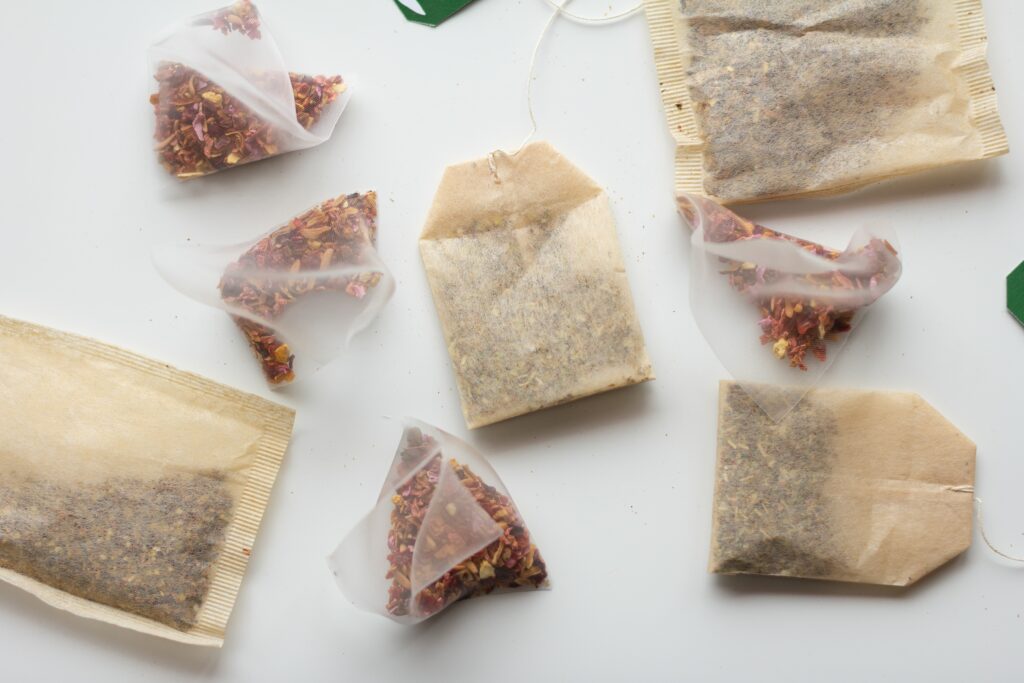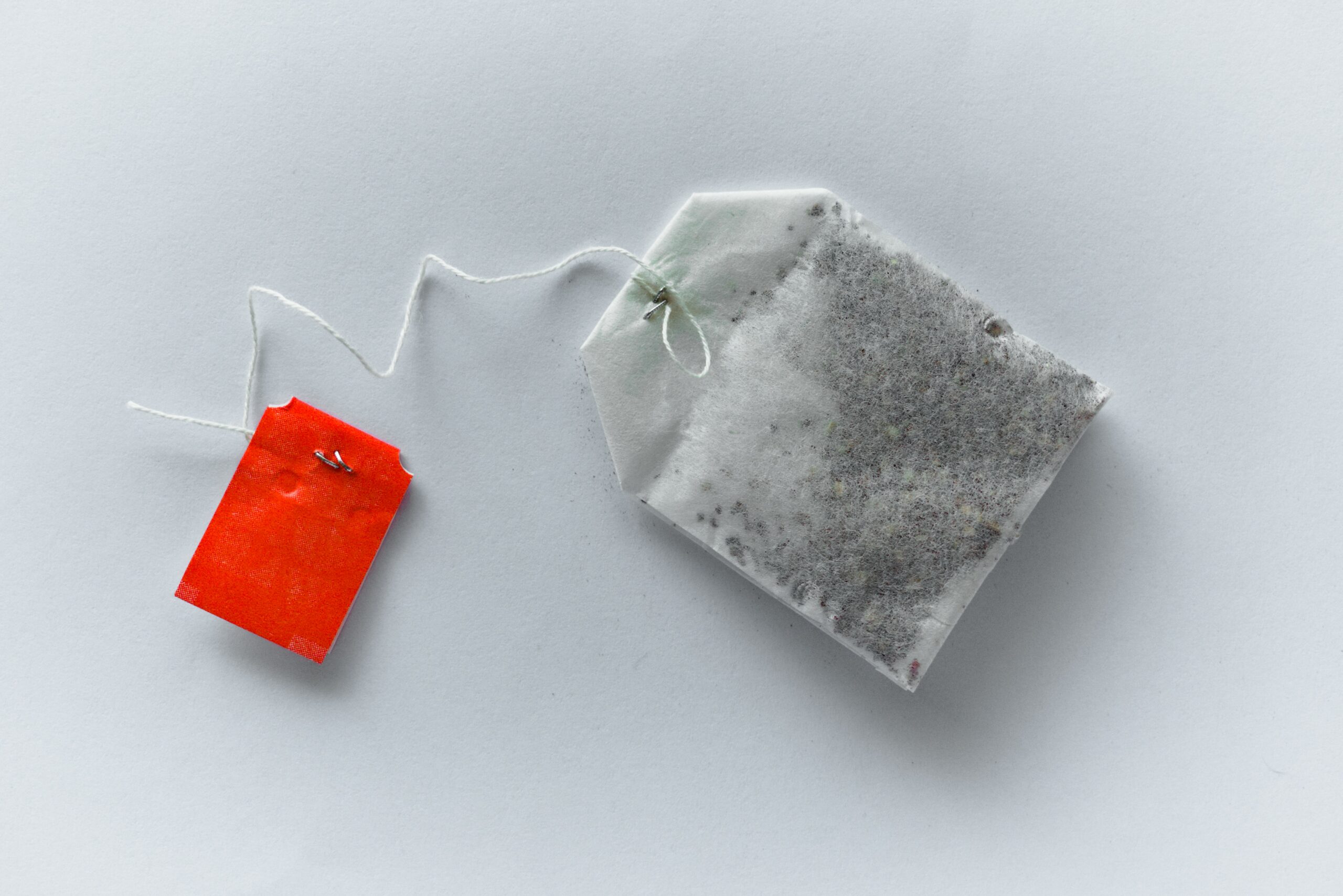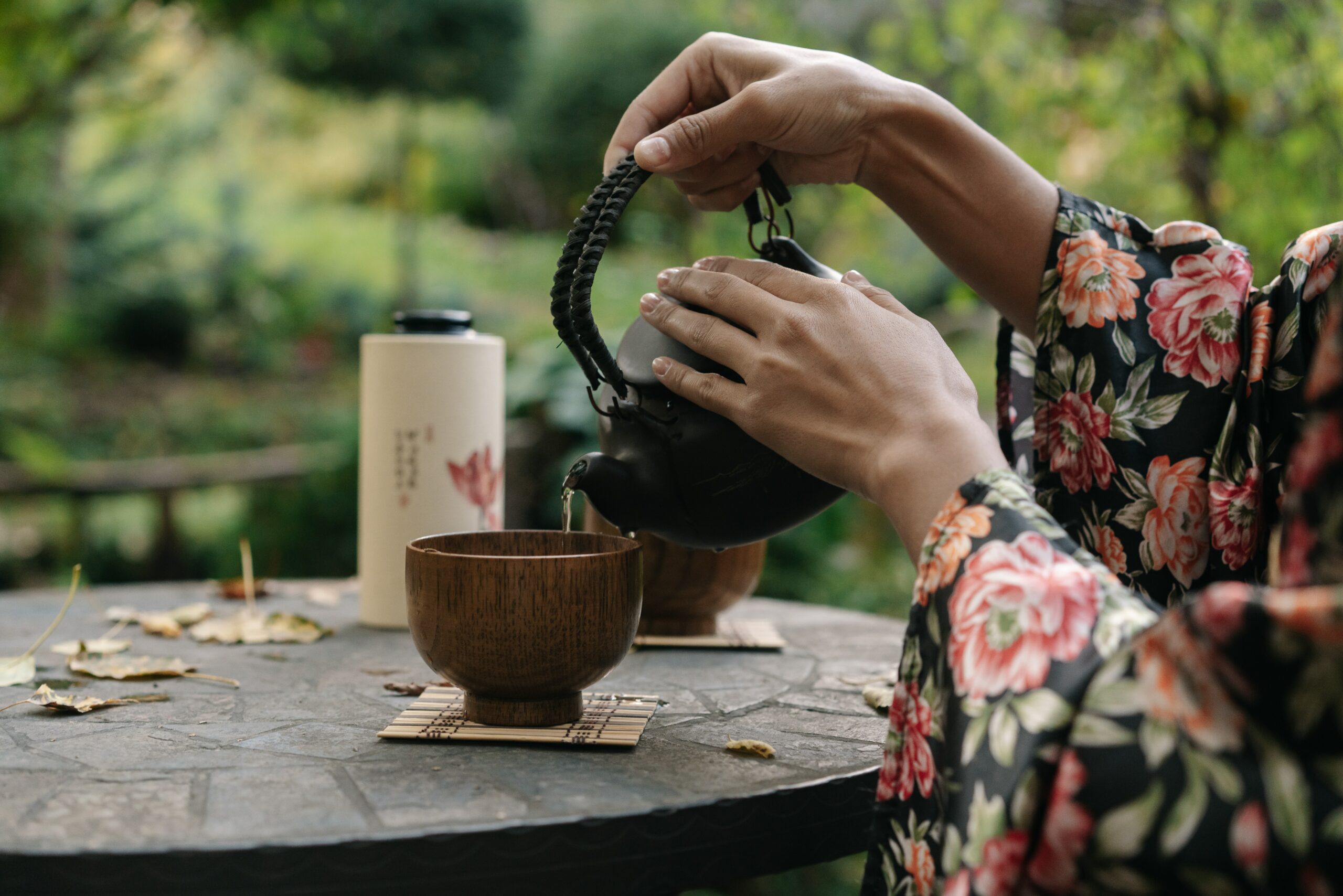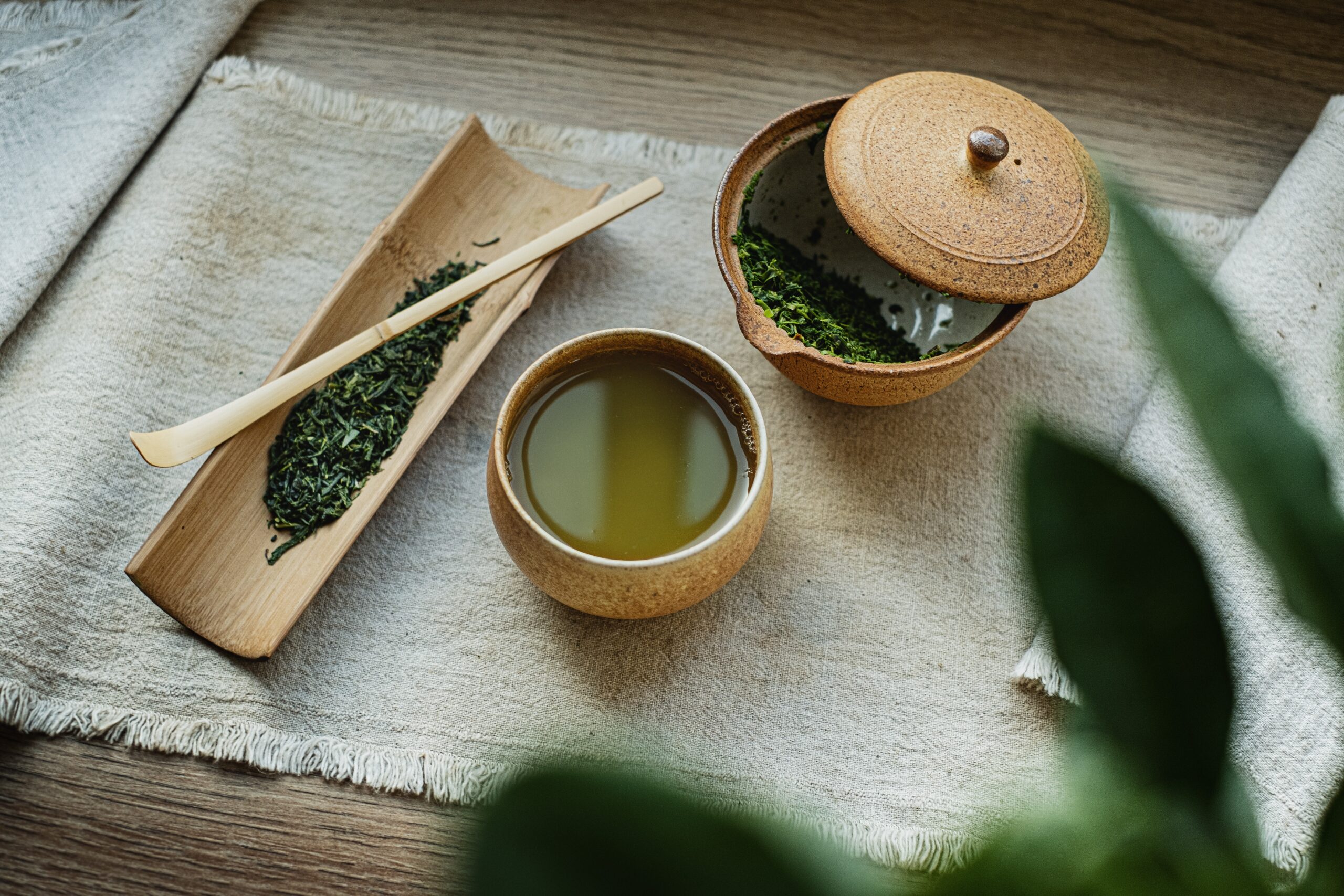Those little tea bags swirling around in the compost bin seem like they'd be easy enough to biodegrade, right? But what happens to them when people toss them in the compost pile? Are tea bags compostable, or do they take up space in landfills for years to come?
Read on to find out!
What Is Composting?
Composting breaks down organic matter, such as food scraps and leaves, into a nutrient-rich soil amendment. Composting is a great way to reduce your waste, improve your soil, and help your plants thrive.
There are two main types of composting: cold composting and hot composting. Cold composting is the simplest and most common type. It involves layering organic matter in a bin or pile and allowing it to break down over time.
Hot composting is a more active process that speeds up decomposition by creating ideal conditions for microorganisms.
How Are Teabags Compostable?
Most teabags consist of paper which is a natural and compostable material. Some teabags may also contain small amounts of plastic, making them difficult to break down in the composting process. To help your teabags decompose more efficiently, you can remove the tags and strings before composting them.
You can also try tearing or cutting the bags into smaller pieces. Adding them with material that quickly turns into compost may also speed up the process.

Compost Tea Bags At Home
If you're looking for a way to compost your tea bags at home without purchasing a special bin or composter, you can try a few methods. One popular method is to bury your used tea bags in a small hole in your backyard.
Burying the bags will allow the tea leaves and other organic matter to decompose naturally, providing nutrients for your plants and other organisms in the soil.
Another option is to place your tea bags in a container filled with water and allow them to steep for a few days. After that, you can remove the tea bags and add them to your compost pile or bin. This method will speed up the decomposition process since the water will help to break down the organic matter.
If you don't have a backyard or compost bin, you can also try placing your used tea bags in a paper bag and putting them in the freezer. This will inhibit the growth of bacteria and other organisms that cause decomposition.
When ready to compost the tea bags, remove them from the freezer and add them to your compost pile or bin. Whichever method you choose, composting your tea bags is a great way to reduce waste and provide nutrients for your plants and garden.
Benefits Of Composting Tea Bags
Composting tea bags reduces your impact on the environment. Not only does it keep them out of landfills, but it also enriches the soil with their nutrients.
Tea bags contain natural materials like soft paper and cloth, making them ideal for composting. Many commercial composting facilities accept tea bags as part of their organic waste stream.
When you compost tea bags, you're not only doing something good for the environment, but you're also helping to improve the quality of your soil. Composted tea bags add nutrients like nitrogen and carbon to the soil, which can help to promote plant growth.

Conclusion
Like most people, you probably ask, "Are tea bags compostable?" Composting those pesky little tea bags is an easy way to reduce your environmental impact. All it takes is a small investment in some kitchen composting supplies.
You can reduce your waste output while helping decompose organic matter. Please take advantage of it.
You may also be interested in these resources:




